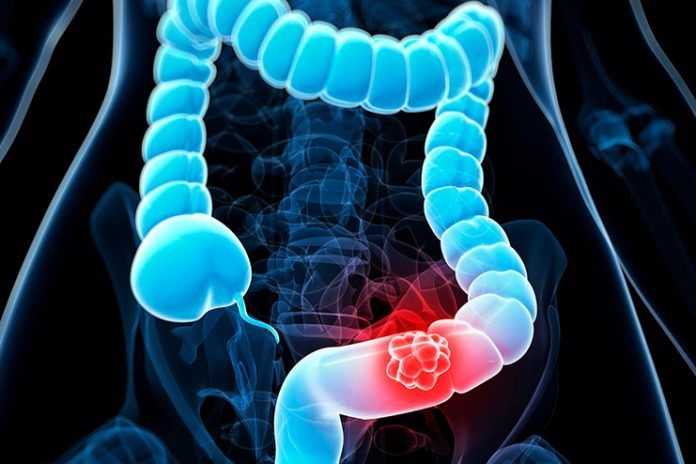Affiliate Disclaimer
Some links in this article are affiliate links. We may earn a small commission if you make a purchase through these links, at no extra cost to you. We only recommend products we find useful to our readersWe often take our gut health for granted, don’t we? While the rapid and rare shooting pain through the abdominal region could often mean a number of underlying health ailments, colon cancer is predominantly one of the risk factors.
Our large intestine does impose a lot of importance in our overall body metabolism. Being alert of any kind of possible problems should be taken into consideration and checked out by the doctor.
By the end of the article, you will be more or less be acquainted with everything there is to know about colorectal cancer.
What is Colon Cancer?
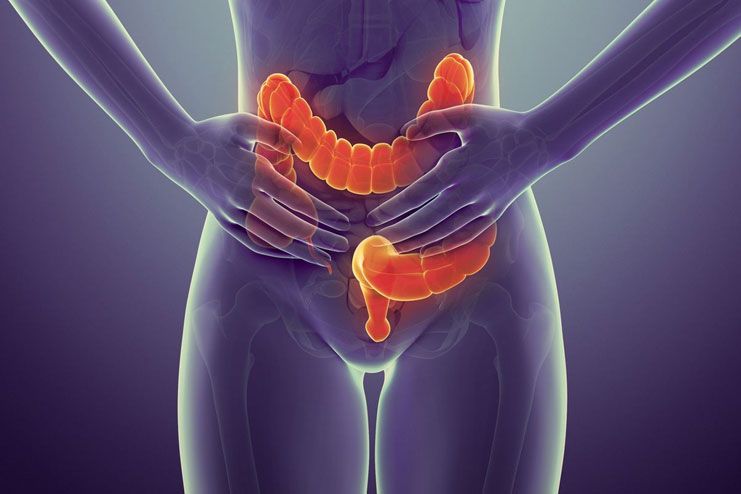

Colon cancer is the growth of cancerous cells in the large intestine, especially in the colon, which is the last part of our gastrointestinal tract.
The main reason why it is often hard for people to understand the stages involved in the colon cancer is mainly because of the fact that these often start off with the growth of benign cysts known as adenomatous polyps which further can develop into potential cancerous cells in the long run.
The American Cancer Society estimates the statistics of colorectal cancer (R) in 2019 to be around 101,420 colon cancer cases and 44,180 rectal cancer cases in the United States itself.
The risks of developing colon cancer (R) stages are about 1 in every 22 men and 1 in every 24 women across the globe.
[embedyt] https://www.youtube.com/watch?v=BH64pYq9-_Q[/embedyt]
Check Out These Colon Cancer – Everything You Need to Know.
Stages of Colon Cancer
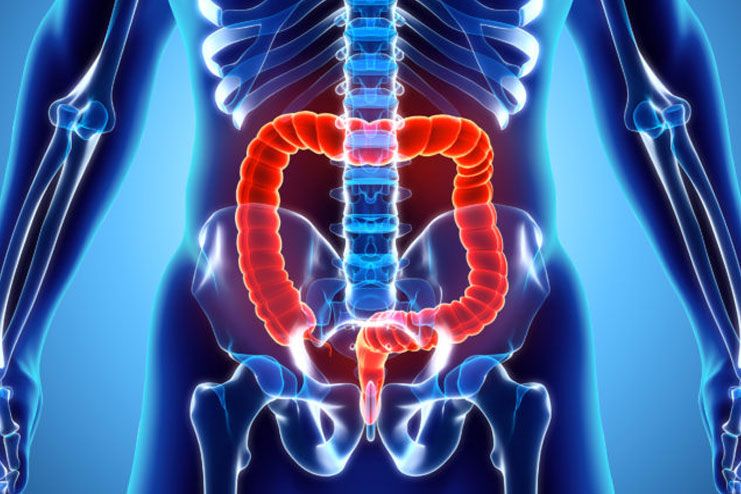

As mentioned before, the induction of colon cancer is often hard to detect by the colon cancer symptoms, mainly because of the fact that it starts off with the induction of small benign cysts which later have the potential to turn into cancerous cells at a later stage.
When it comes to describing the colon cancer stages, the same has been divided into four distinct ones that one definitely needs to take a look into.
| Stages | Symptoms |
| Stage – 1 | The cancerous cells have successfully penetrated the lining or the mucosa of the colon or the rectum but have not spread to the organ walls in the close perimeter. |
| Stage – 2 | The cancerous cells have spread across the walls of the colon or the rectum but haven’t impacted the lymph nodes or the underlying tissues in the surrounding area. |
| Stage – 3 | The cancerous cells have moved and spread to the lymph nodes but not to the other parts of the body. Predominantly, at this stage, only two to three lymph nodes are affected. |
| Stage – 4 | The cancerous cells have successfully spread to the adjoining vital organs in the body like the liver and the lungs. |
Types of Colon Cancer
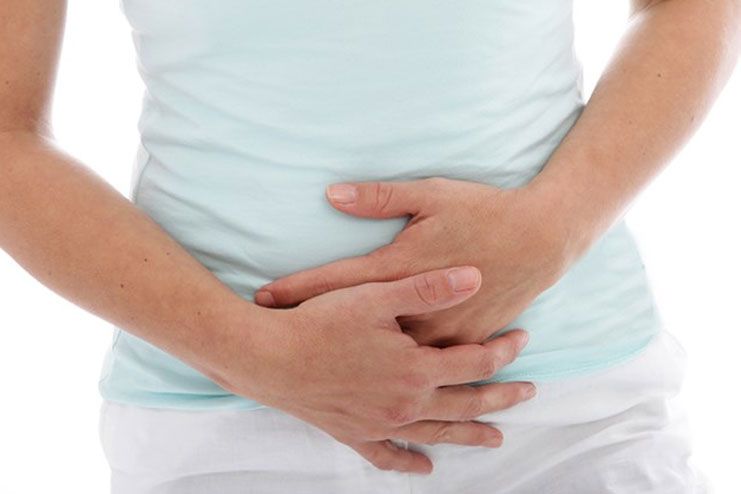

Now that we have a fair idea of the stages involved in colon cancer and rectal cancer, it is time we divert our focus on the possible types of colon cancer that not many of us are aware of.
The main reason why the majority of the people tend to not know much about the types of colon cancer is mainly because of the fact that the American Cancer Society suggests that 96% of the colon cancer cases are all because of one form of cancer cell types – adenocarcinomas.
Unless you are diagnosed with the cancerous cells stemming from someplace else, you are most likely affected with this type of colon cancer. The adenocarcinomas are formed within the mucus cells in either the colon or the rectum.
The other common forms of colon cancer which are often very rarely witnessed include:
- Lymphomas – formed in the lymph nodes or in the colon
- Carcinoids – formed in the hormone-making cells in the intestine
- Sarcomas – formed in the soft tissues of the colon like the muscles
- Gastrointestinal stromal tumours – formed in the gastrointestinal tract and start off as benign and then become cancerous at a later stage.
Causes of Colon Cancer

When it comes to discussing the causes behind colorectal cancer, the possibilities are quite extensive. Let us take a look at some of the common ones, shall we?
1. Age
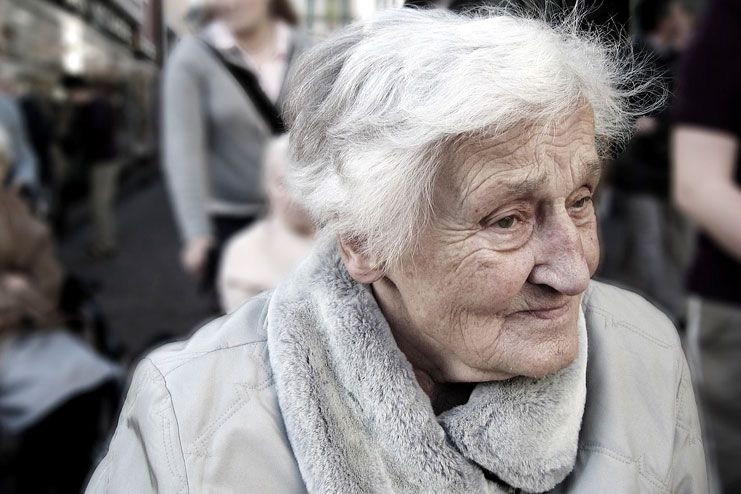
That doesn’t necessarily mean that the people in a lower age group aren’t at risk. Current studies and statistics do suggest that the people in between the age group of 15-39 years are on a constant rise. The researchers are still not sure as to what the problem is behind the same.
2. Precancerous Growths
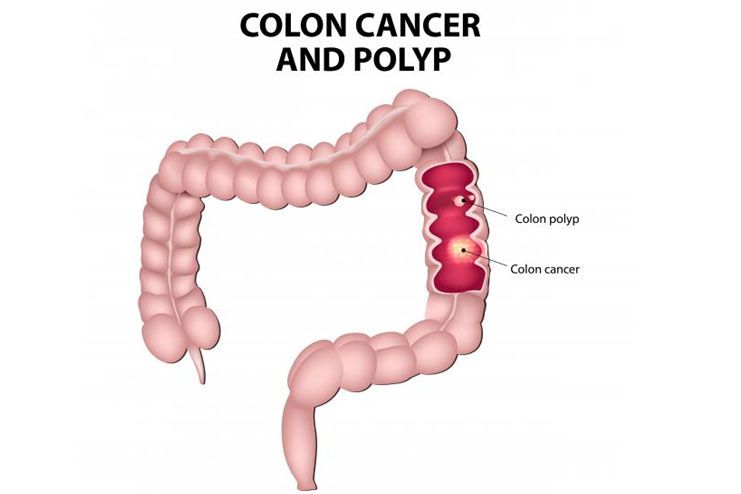

As mentioned before, the accumulation of the precancerous growth in the lining of the colon is often commonly witnessed as a first stage of the colon cancer development. These are often terms as “polyps” and are nothing but small and benign growths in the lining of the colon.
Detection of these obstructions at an early stage does have amazing benefits in getting rid of them right off the bat. While they don’t necessarily impose any kind of negative impacts on the body in its initial stages, if left untreated, can end up contributing to the development of cancerous outgrowths.
It is thus important to keep track of the same and see what is it that is affecting the condition altogether.
3. Genetic Damage
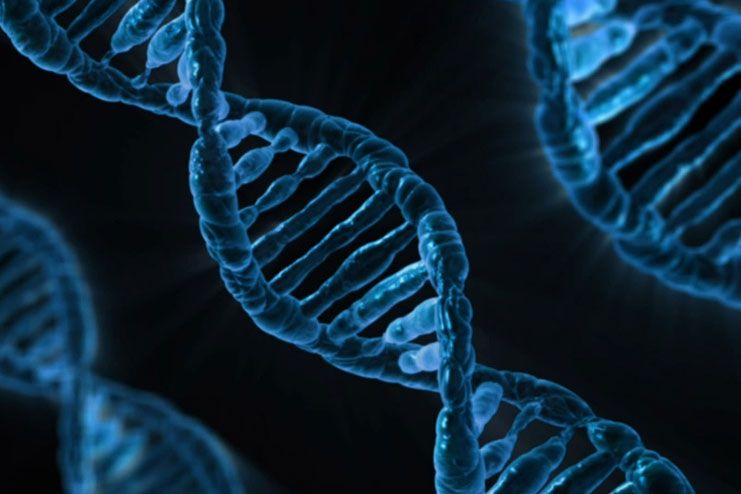
The uncontrolled cell growth can actually be because of any form of genetic issue which can affect the DNA to end up contributing to the uncontrolled cell division.
These kinds of genetic predisposition can either be handed down from family members but it has been found that the induction of colon cancer has been witnessed in people without a prior family history.
Being born with genetic mutations is often considered to be one of the predominant contributing factors in the development of this form of cancer in the later part in life.
4. Obesity


The connection in between obesity and colon cancer is starking. You might be confused as to how being overweight could be a contributing factor for obesity, right? Well, it actually is.
Statistics suggest that obese people are a 30% heightened risk of developing colon cancer in them. Studies (R) (R) do suggest that managing and handling the condition associated with obesity and being overweight can effectively help in protecting the body from developing colon cancer.
5. Type – II Diabetes

It is always best suggested to keep monitoring the condition of your diabetes as well as the signs of colon cancer development. Several conducted studies (R) (R) (R) have successfully confirmed the prognosis behind type-II diabetes being a potential cause behind the development of colon cancer.
Often times, the reason type II diabetes is believed to be a potent risk behind the development of colorectal cancer is because of the fact that it does act as a contributing factor to obesity which has been found to be a potent risk.
6. Familial Adenomatous Polyposis
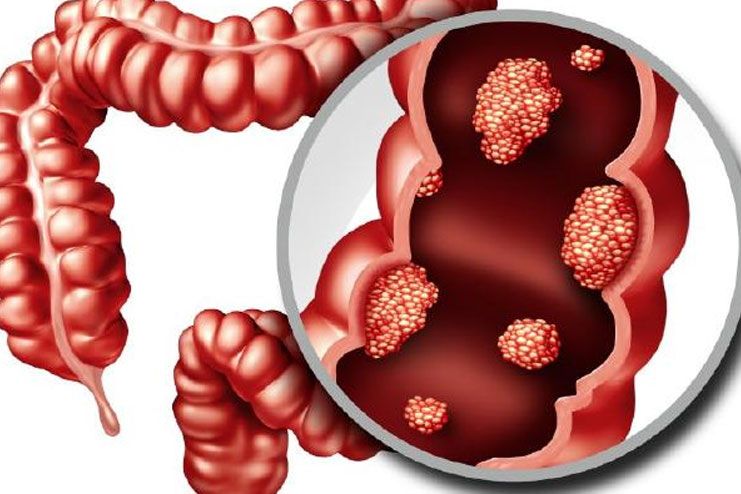

Familial adenomatous polyposis (R) is a very rare condition which contributes to the formation of an innumerable number of polyps in the lining of the colon as well as the rectum effectively.
This condition has been found to be a primary contributing factor when it comes to the development of colon cancer in people before they even cross the age of 40.
7. Inflammatory Bowel Disease
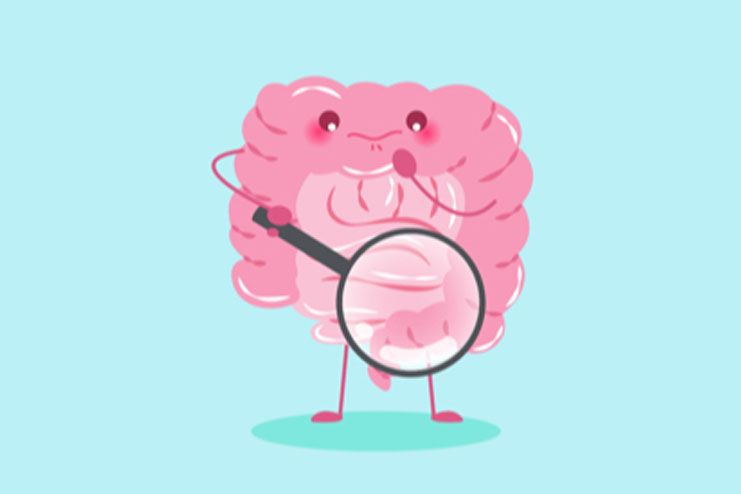

Inflammatory bowel disease is yet another contributing factor to colon cancer and the symptoms associated with the same.
Ulcerative colitis, as well as Crohn’s diseases, has been associated with the induction of colorectal cancer quite a lot. If you have been diagnosed with the condition of inflammatory bowel disease, it is mandatory for you to take a peek into the condition altogether to ensure that you can successfully prevent the risks altogether.
In a conducted study (R), the researchers found that the people suffering from ulcerative colitis have a heightened risk of developing colon cancer, 0.7% at 10 years, 7.9% in 20 years and finally, 33.2% in 30 years.
8. Lifestyle and eating habits

Studies and statistics (R) also suggest that people who do have a sedentary and inactive lifestyle are at a heightened risk of developing colon cancer.
Apart from the lifestyle factors, it has also been found that the diet you consume does have quite a massive impact on the possible development of colorectal cancer. People who do consume a high fat and low fiber diet have been found to have heightened risks of developing colon cancer (R) in comparison to the ones who don’t.
9. Alcohol Consumption and Smoking

It is always best suggested to either keep it to a bare minimum or ensure to cut it out for good.
Smoking, on the other hand, has been found to impose similar impacts on the development of colon cancer. Even a conducted study (R) conducted by the Journal of the American Medical Association did find that smokers are at an 18% heightened risk of developing cancer in comparison to the ones who haven’t.
Quitting smoking can actually come a lot in handy in keeping this cause at bay.
Symptoms of Colon Cancer


Signs and symptoms related to colon cancer include:
- Rectal bleeding or spotting blood in the stool
- Irregular bowel movements all of a sudden
- A feeling of abdominal discomforts like what happens with gas formation and acidity
- A feeling of not being able to empty the bowel completely
- Weakness and fatigue
- Unexplained weight loss
- Constipation or diarrhea
- Changes in the colour and shape of the stool
- Irritable bowel syndrome
- Iron deficiency anemia
How to Diagnose Colon Cancer?
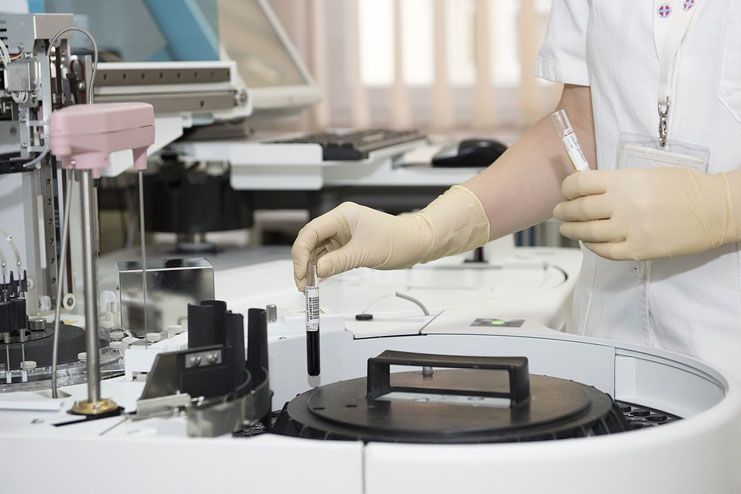
1. Blood tests
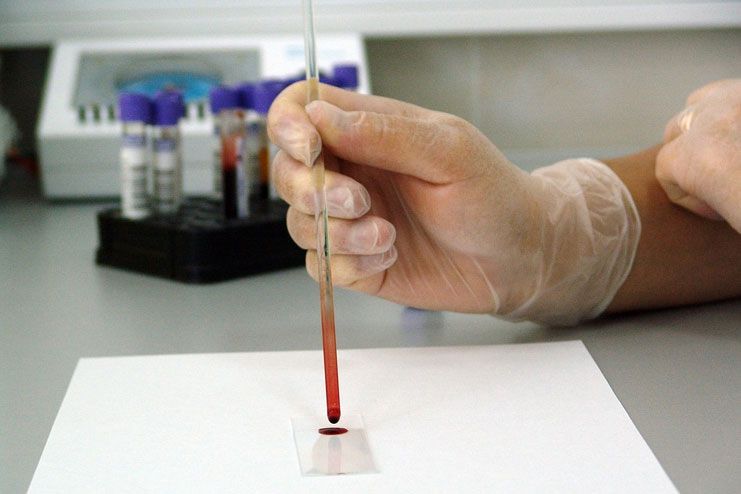
2. Colonoscopy


Colonoscopy is often a very hard and painful procedure for the patients.
In this, the doctor inserts a flexible tube with a camera at one end through the rectal opening inside the colon.
Prior to conducting the procedure, the patient has to consume a special diet around 24-48 hours before. The colon also requires a cleansing for a better view of the entire part which is known as bowel prep.
During the process of viewing the inside of the colon, if the doctors do find the presence of polyps, the same are extracted and sent to the lab for further testing.
3. X-ray
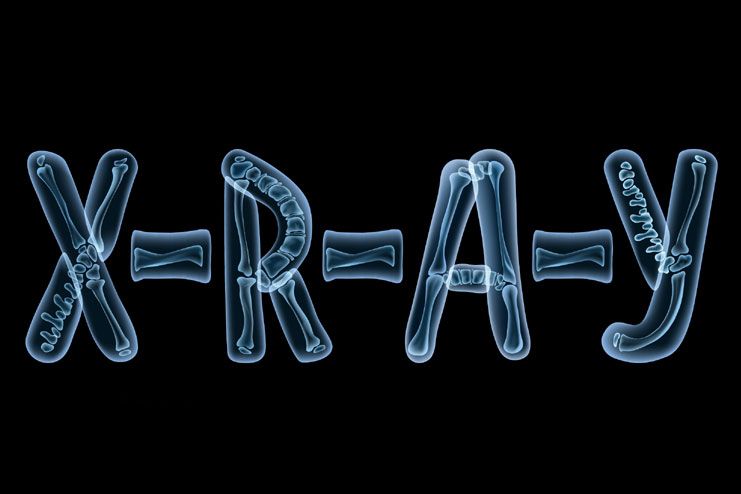

Getting an x-ray done is actually effective in spotting any kind of abnormalities with the colon and the rectal region in the body.
This does require a special procedure in which the expert uses radioactive contrast solution with a metallic component, Barium. The radiologist inserts the same into the bowels using an enema which then ends up coating the lining of the colon. This helps provide with a better view inside of the colon to detect the presence of anything unusual.
In this process, the barium will appear to be of white colour in the x-ray while the presence of tumours or polyps is often marked with dark outlines.
4. CT-Scan
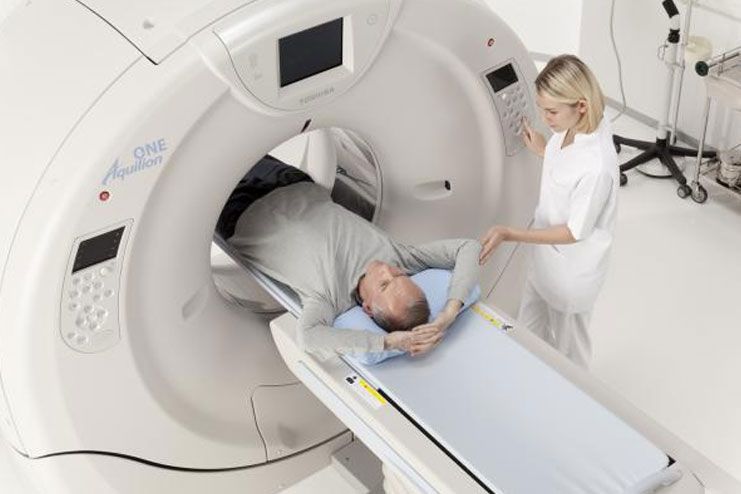
ImageSource: www.dicardiology.com
Last but not the least in the list of detecting the colon cancer symptoms is to opt for a CT-Scan.
Virtual colonoscopy is actually one of the best ways to diagnose the condition for good. This does help in providing with a detailed image of the colon which further helps the doctor look for any possible signs of the problem associated with colon cancer.
How to Treat Colon Cancer?
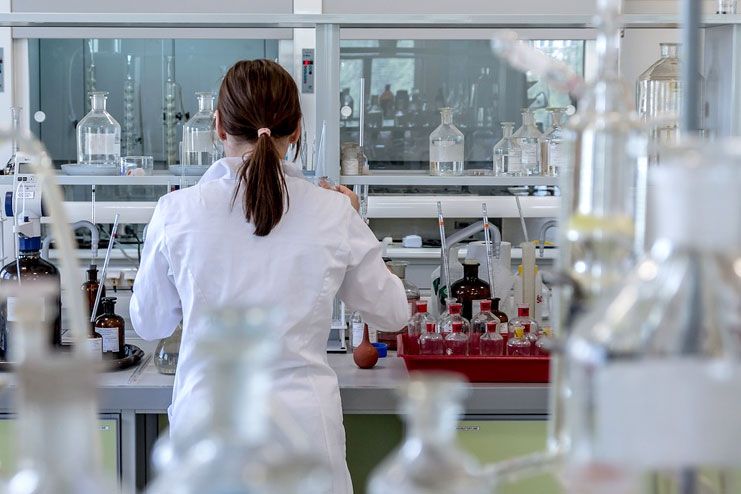
The treatment for colon cancer does depend on a number of factors along with the kind of stage the condition is in.
It goes without saying that the colon cancer treatment options are extensive but depends on the severity of the condition.
Some of the treatment options include:
1. Surgery

If the polyps and the tumours have spread and attached to the bowel walls, the surgery can end up in the removal of a part of the colon or rectum, depending on where it has attached to.
If nothing works out, the last option in the lot is to perform a colostomy.
Often times, doctors even indulge in conducting laparoscopic surgeries to get rid of the larger polyps effectively. Palliative surgery is often a good option too.
2. Radiation
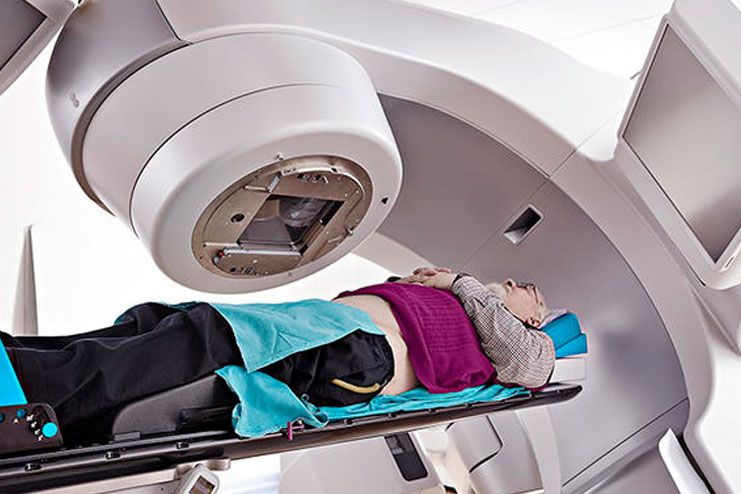

Radiation is yet another of the potent colon cancer treatments. Focused gamma rays are projected on the area that is clumped with cancer cells. This helps in destroying the cancer cells to be able to provide the patient with a better chance at living.
These high energy gamma rays are often projected from metals like that of radium or even from the high energy x-rays. This treatment method has been found to help shrink the size or even get rid of the tumours that have been causing a problem in this all together.
3. Chemotherapy


Chemotherapy is often the last resort and is believed to be one of the process that the majority of the doctors try to avoid.
This process does include the usage of several potent drugs to kill cancer cells. This is often a common process which is administered by the oncologists after they have conducted the surgery for the removal of the cancerous outgrowths.
With the efficacy of this treatment altogether, it does come with its fair share of side effects as well, much like that of balding and nausea and feeling of weakness.
How to Prevent Colon Cancer?

1. Maintaining a Healthy Weight

If you have been seeking effective and beneficial ways of preventing colon cancer and the risks associated, maintaining a healthy weight can be quite effective for the same.
A healthy weight also helps in keeping the risks of Type-II Diabetes at bay which further does help in keeping the risks of colon cancer at bay.
2. Exercise Regularly

Having an active lifestyle has been found to have beneficial impacts on the overall prospects of being able to keep the signs of colon cancer to a bare minimum.
3. Amp Up the Nutrition

Include more vegetables, fruits and whole grains in the diet that will amp up the fiber consumption and has been found to be very beneficial in fighting off the risks associated with the induction of colon cancer in an individual.
Experts and even the doctors even suggest cutting down the consumption of saturated and unhealthy fats along with red meat which is often a contributing factor to the development of colon cancer.
All in all, Colon Cancer is a condition that can be averted if one sticks to a healthy and active lifestyle. It is always best suggested to stick to a healthy diet and indulge in exercise. If you find any signs and symptoms, consult the doctor right away and don’t take the condition for granted.



























